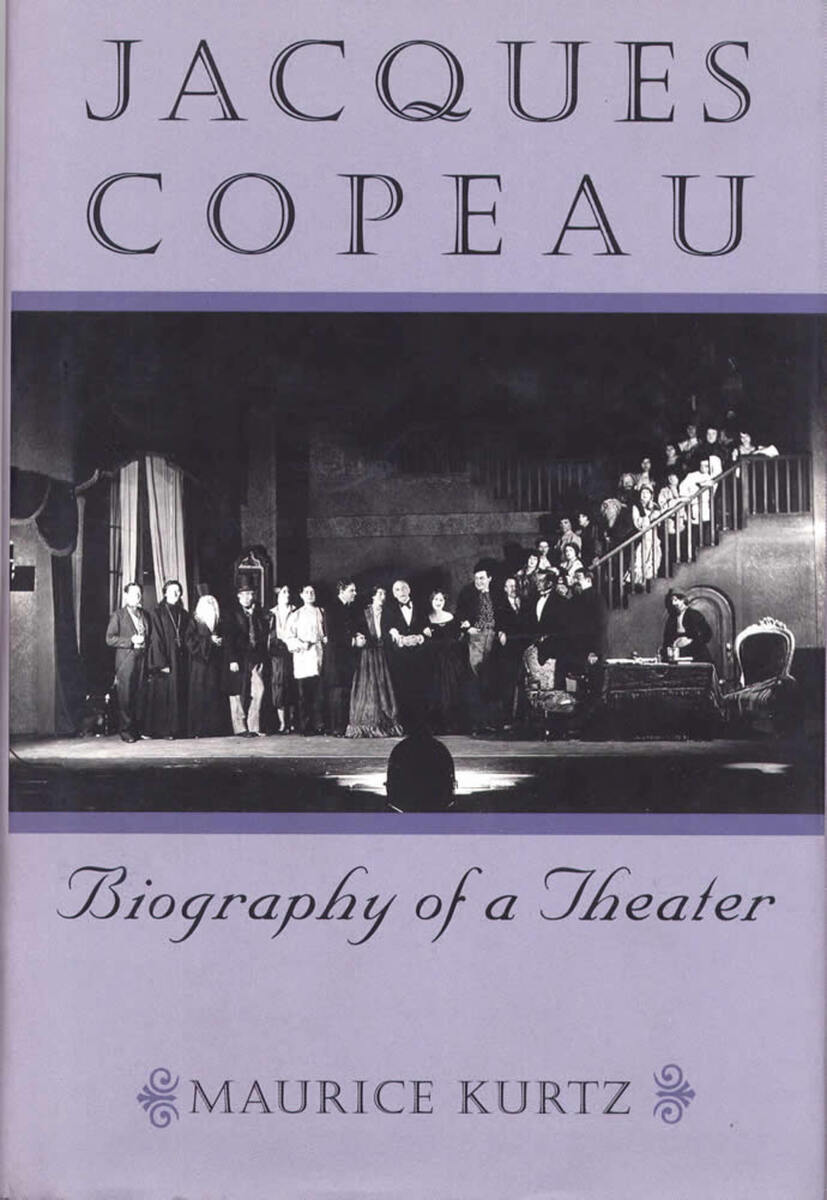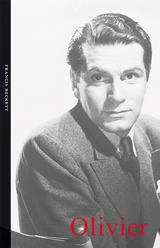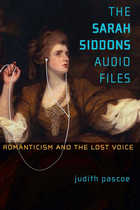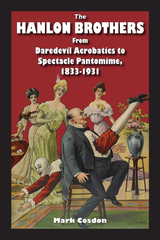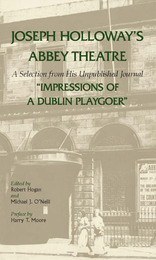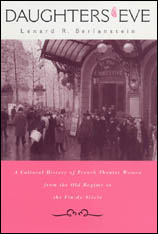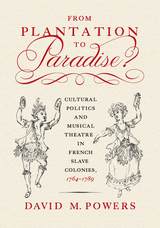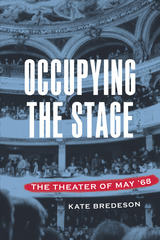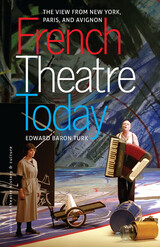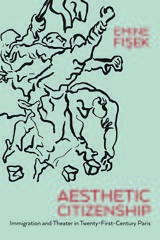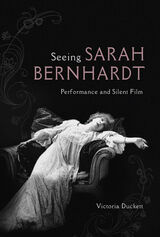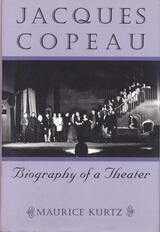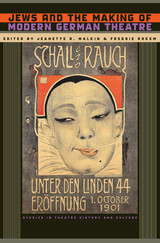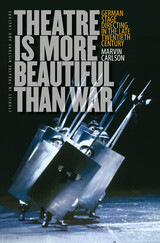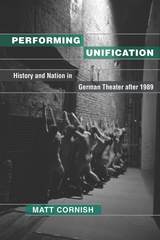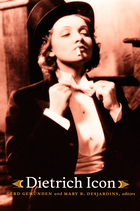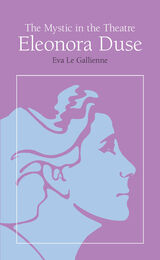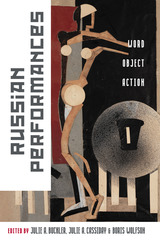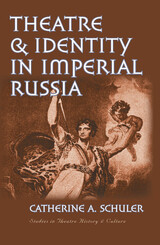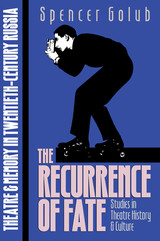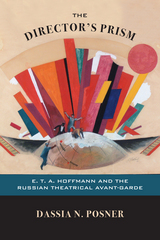eISBN: 978-0-8093-8406-8 | Cloth: 978-0-8093-2257-2
Library of Congress Classification PN2638.C74K84 1999
Dewey Decimal Classification 792.023092
The French writer, editor, and drama critic Jacques Copeau (1879–1949) opened his Théâtre du Vieux-Colombier in Paris in 1913. Copeau was well on his way to exerting a major influence in the theater in the year that saw the end of the career of the dominant innovator of an earlier generation, André Antoine, whose Théâtre Libre (Free Stage) had featured an uncompromising realism.
In marked contrast to Antoine, Copeau returned the poetry and freshness to Shakespeare and Moliére. By May 1914, Paris and Europe had recognized his genius and his special gift to the theater. Yet like Antoine, Copeau wanted to sweep "staginess" from the stage, to banish overacting, overdressing, and flashy house trappings. To cleanse the stage of its artificiality, he created a fixed, architectural acting space where dramatic literature and theater technique could live in harmony and thrive in freedom of thought and movement. A major part of his program was teaching actors and actresses their craft.
Maurice Kurtz points out that the Théâtre du Vieux-Colombier incarnates the "ideal of Copeau's stubborn struggle to remain strong in the face of indifference, independent in the face of success, proud in the face of defeat. It is the story of group spirit in its purest, most eloquent form, the spirit of personal sacrifice of all for the dignity of their art."
Kurtz here re-creates the vitality Copeau imbued in theater artists throughout the world. He conveys Copeau's enthusiasm, the crusading spirit that enabled Copeau and his Théâtre du Vieux-Colombier to transform experimentation into tradition, into the heritage of civilization. He has written a biography of a theater that was tremendously influential in Europe and America.
See other books on: 1879-1949 | Entertainment & Performing Arts | History & Criticism | Stagecraft & Scenography | Theater
See other titles from Southern Illinois University Press
